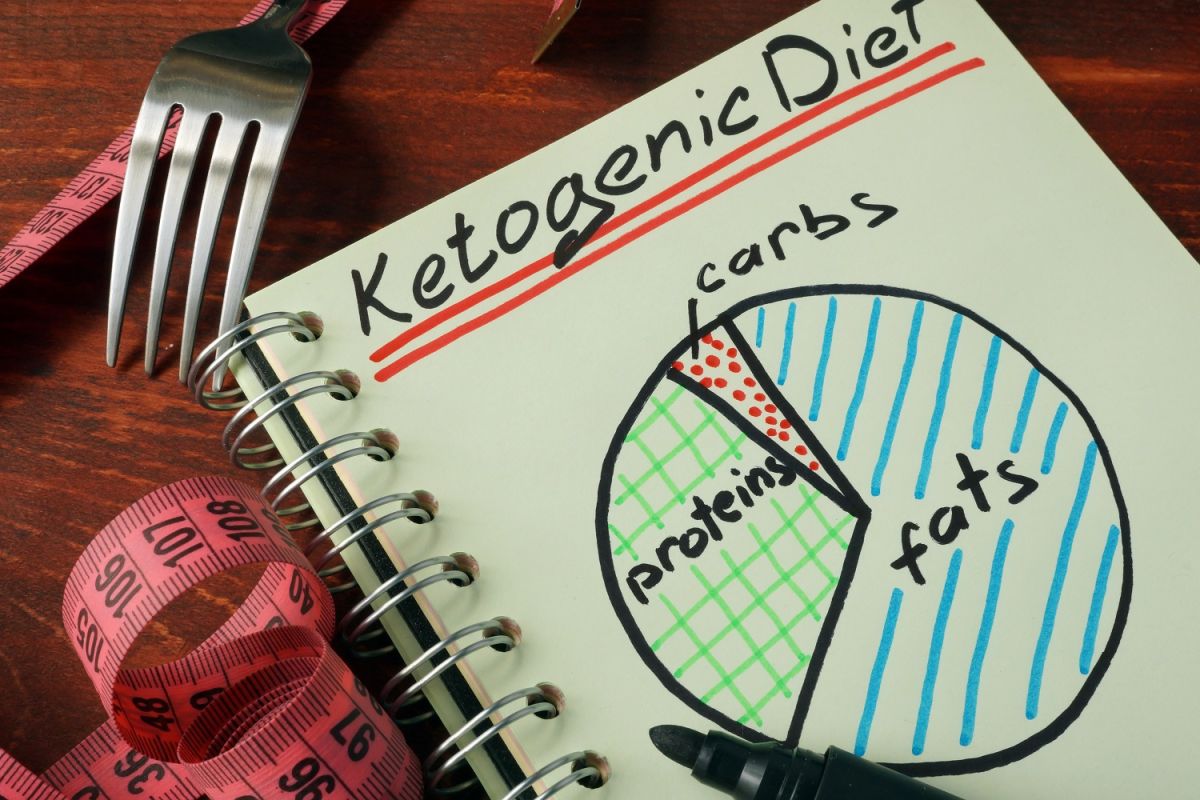The paleo and keto diets are the least healthy for heart health according to a new scientific statement from the American Heart Association (AHA).
The statement published last Thursday in the journal Circulation evaluated different eating patterns and how well they align with heart-healthy eating guidelines.
The diets were divided into four levels. Paleolithic and very low carbohydrate diets such as the ketogenic diet or keto diet are located in the fourth or lower level.
“Both (the paleo diet and the keto diet) are used for weight loss, they align poorly with heart-healthy eating guidelines and have not been shown to be more effective for weight loss than less restrictive diets over the long term. Both diets are also high in fat without limiting saturated fat,” notes the American Heart Association.
The AHA explains that low-carb diets restrict the consumption of fruits, grains, and legumes, which can lead to eating less fiber and higher amounts of saturated fat.
Eating too much saturated fat can raise the level of LDL cholesterol in the blood. A high level of LDL cholesterol in the blood increases the risk of heart disease and stroke.
In the United States, the major sources of saturated fat are: pizza and cheese; whole milk, butter, and dairy desserts; sausage, bacon and burgers, biscuits and variety of fast food mixed dishes.
Best and worst diets for the heart
According to the statement published in the journal Circulation, the Mediterranean diet and the DASH diet are best for the heart; followed by the pescatarian diet and the vegetarian diet. Diets were scored on a scale of 1 to 100 based on their compliance with the AHA guideline.
The DASH eating plan got a perfect score
The DASH diet is low in salt, added sugar, tropical oil, alcohol, and processed foods and high in vegetables, fruits, whole grains, and non-starchy legumes. Protein comes primarily from plant sources, such as legumes, beans, or nuts, along with fish or shellfish, poultry, and lean meats and low-fat or fat-free dairy products.
The Mediterranean diet scored slightly lower (89) because, unlike DASH, it allows for moderate alcohol consumption and does not address added salt.
The pescatarian diet, which allows you to eat shellfish, scored 92 points; while the vegetarian diet reached 86 points.
The AHA report assesses how well diets align with its dietary guideline features for heart-healthy eating, such as: consuming a wide variety of fruits and vegetables; choose mainly whole grains instead of refined grains; use liquid vegetable oils instead of tropical oils; eat healthy sources of protein, such as plant, seafood, or lean meats; minimize added sugars and salt; limit alcohol; choose minimally processed foods over ultra-processed foods; and follow this guidance wherever food is prepared or eaten.
Keep reading:
What diets can increase or reduce the risk of sudden cardiac death
8 food exchanges to follow the best diet: the Mediterranean diet
5 foods that help reduce the risk of premature death
